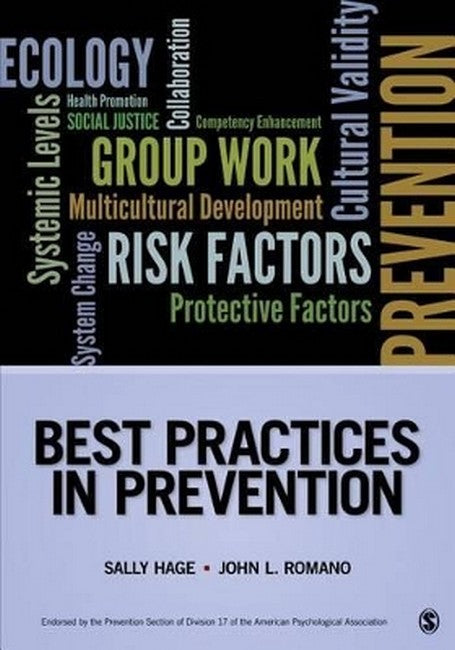Arthur M. Horne is currently Dean of the College of Education and Distinguished Research Professor at the University of Georgia, Athens. He obtained his PhD in counseling and Educational Psychology from Southern Illinois university, and his masters and bachelor's from the University of Florida, Gainesville. He is widely known in the area of bullying, working with youth, boys, and prevention. Robert K. Conyne is Professor Emeritus from the University of Cincinnati, is a licensed psychologist, clinical counselor and fellow of the Association for Specialists in Group work (ASGW) and the American Psychological Association. He has 36 years of professional experience as a University professor and department head, psychologist, counselor, administrator, consultant and trainer. Current work finds him volunteering as an American Red Cross disaster mental health specialist and service as a military family life consultant. He has received many awards, including Eminent Career Award from AGSW, Lifetime achievement award in Prevention from APA, Distinguished Alumni Award of Distinction from Purdue University and is designated a Soros International Scholar. He is 2008 President of APA's division of Group Psychology and Group Psychotherapy. With over 200 scholarly publications and presentations, including 1 0 books in his areas of expertise (group work, prevention, and ecological counseling).
Request Academic Copy
Please copy the ISBN for submitting review copy form
Description
Chapter 1. Why Practice Prevention? Why now? - Sally Hage, John Romano Chapter 2. Four Theories and Perspectives to Support Prevention Interventions Chapter 3. Guidelines for Prevention Practice, Research, Education, and Public Policy Chapter 4. Research Informed Prevention Practice: Learning from the Wisdom of Science Chapter 5. Empirically Supported Prevention Applications Chapter 6. Ethical and Professional Issues in Prevention Chapter 7. Applying Prevention Learning: Five Learning Exercises

